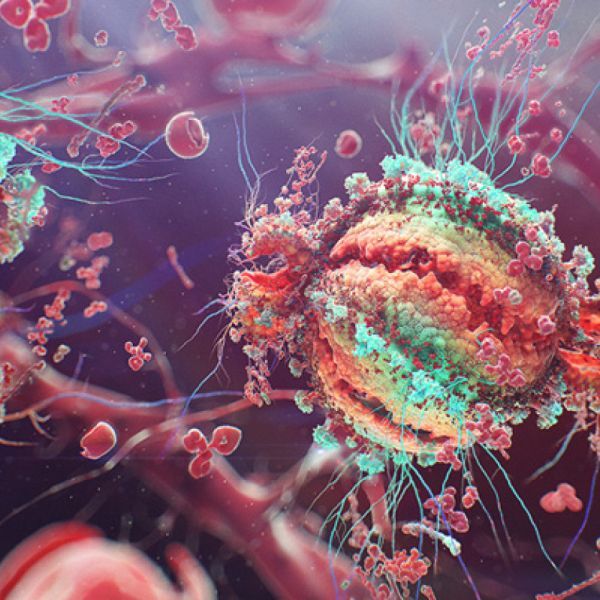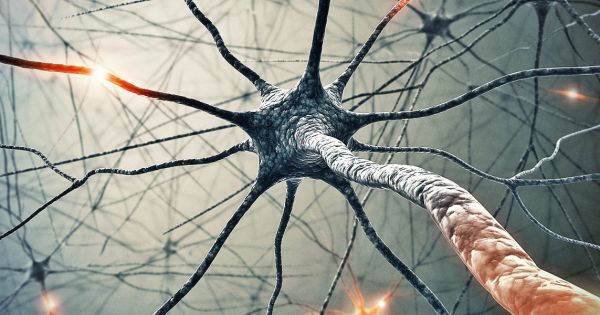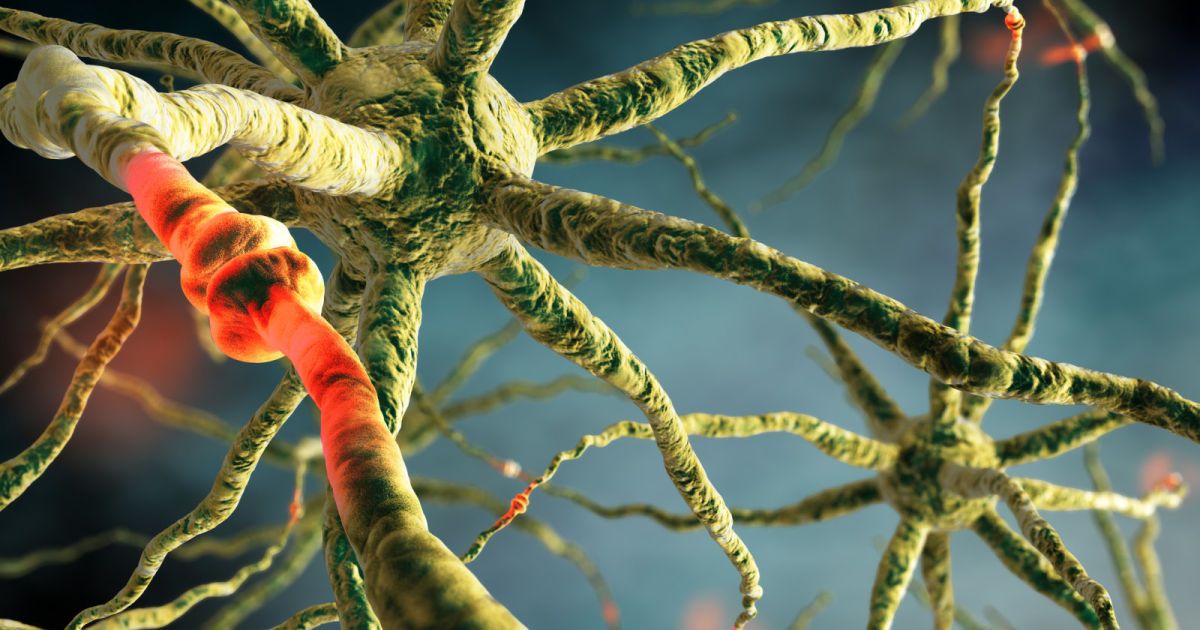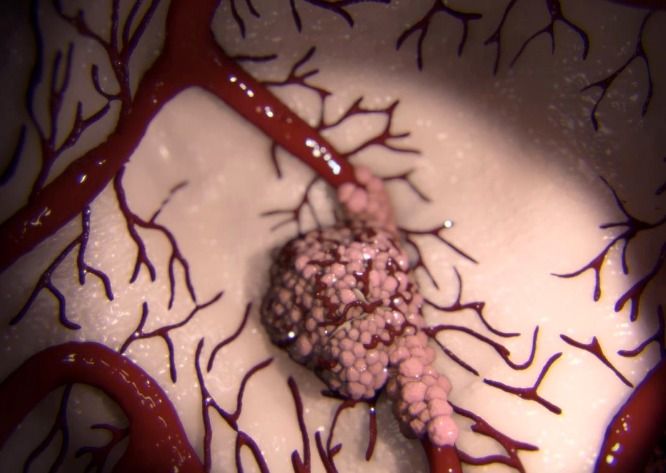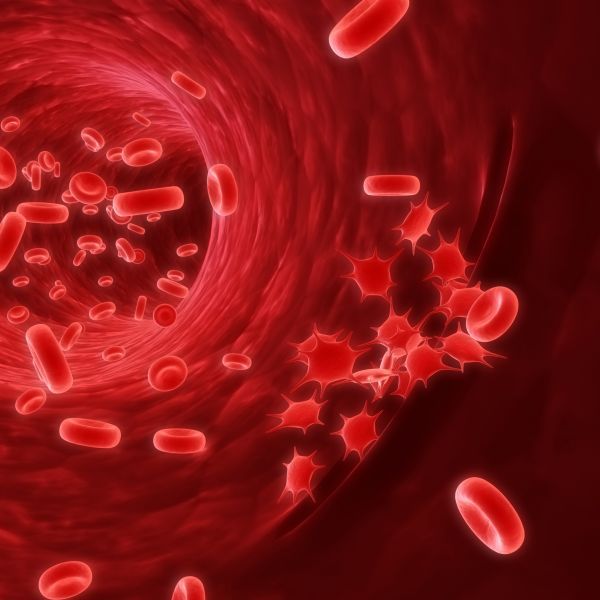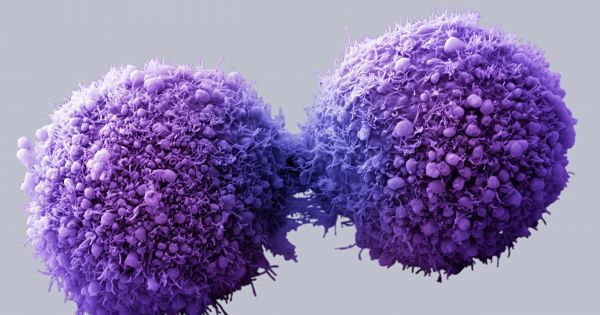Jun 25, 2016
Antibody Injections Could Neutralize HIV in Humans
Posted by Shailesh Prasad in category: biotech/medical
We are a long way from a cure, but new research is giving us better tools and insights in our war against HIV, and we may soon be able to implement a viable vaccine.
Imagine a seasonal jab of antibodies that could neutralize HIV. Such an injection could prove to be next best alternative to an HIV vaccine, which has proven elusive to date.
American and German researchers have demonstrated that by injecting macaques with neutralising antibodies, they successfully shielded the monkeys from HIV infection for as long as six months.
